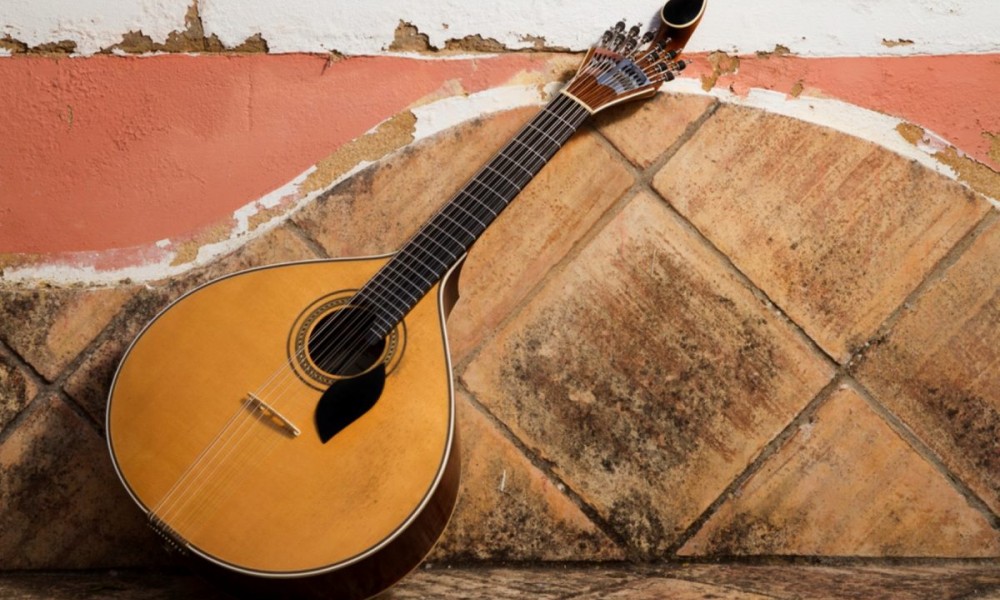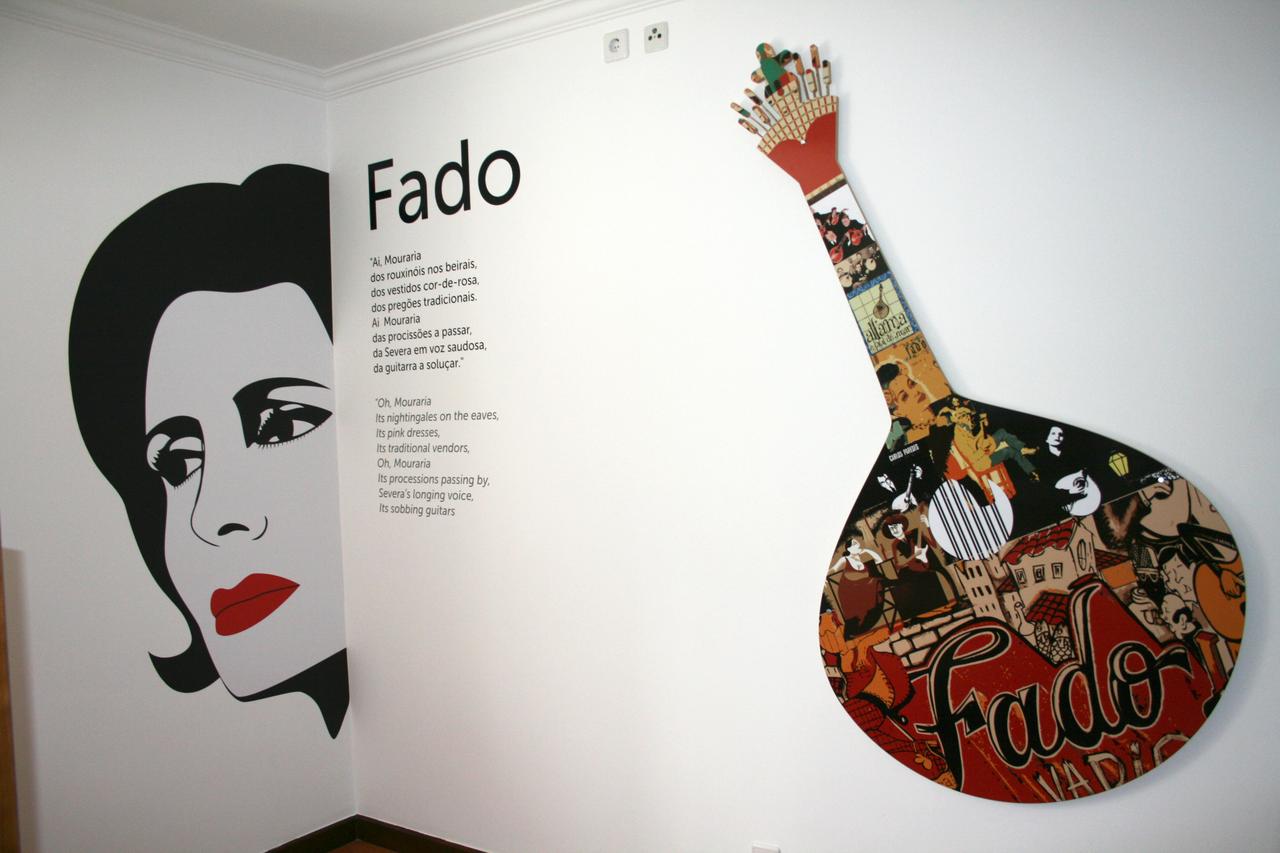Fado: Gentleness and deftness of Portuguese romances

In 2011, the romance fado was recognized as the highest musical heritage of the humankind, according to the version proposed by UNESCO. What brought it an international fame? Was it a unique essence of performance, a talent of composers called fadishta or lyrics in front of which any warm heart cannot withstand temptation?
Read also: Duduk: music evocating love
The romances famous in Portugal do not have national roots. It is believed that fado appeared at the local lands as the reminiscence of Arabian songs; others hear Brazilian motives in the romances. Some people claim that fado has been performed only by the sailor full of wistfulness to the native lands. At the end of XVIII century fado melodies came from Portuguese taverns, particularly, verily men performed these songs thinking about the poverty, family troubles and hopelessness of beggarly existence. The first performers of fado recalled their youth and panted after unfulfilled dreams. However, afterwards Portuguese romance attracted not only those who could not build life how they wanted. The representatives of aristocracy also liked minor melodies. Those who did not feel any urgent need in money, sometimes wanted to mull over the delusiveness of all things and share the mystery of their hearts with strangers being aware that all the secrets were to stay in the limit of musical pause. Photo s-mediа-cache-ak0.pinimg.com
Photo s-mediа-cache-ak0.pinimg.com
After a while, in Lisbon the whole streets appeared where the poor performed fado in time free from work. Sometimes Alfama and Muraria streets had been visited by the representatives of the upper echelons of society, because music is not susceptible to social stereotypes. Perhaps, in those days, noble citizens perceived improvised creative evenings as the exotics as it was unusual but interesting to contemplate of fadishta dressed in black clothes and bundled up with the shawl from head to toe.
Read also: Eastern music of Sufi: Qawali
The popularity among people made fado performers think if they have to make a musical art their profession. By the beginning of XX century fadishta bring philosophical vibration to the lyrics of romances to become in-demand everywhere. However, when fado had received a possibility to develop, it faced serious obstructions on its way. Dictatorial regime of Antonio de Oliveira Salazar established in Portugal a strict censorship that touched the issues of music, as well. Thus, before performing fado singers had to coordinate the text of each romance with the opinion of representative of censorship committee. Nevertheless, it is impossible to hide improvisation in the frames of ‘cans and cannots’. The prohibition to create freely hurt musicians who were in love with the wild spirit of Portuguese romance. But nothing lasts forever, and sooner or later any limitations lose power. In the same way the music of fado overflew the banks of Portugal alluring the entire world.
Photo booking.com
There is a beautiful legend which you are to hear compulsory during one of numerous excursions in Lisbon. It is believed that many years ago in this city a gifted girl Maria Severa lived. She was eager to become an actress and perform her own songs accompanied with guitar. As usual, the lack of financial support did not give her a possibility to make her dream come true. Throwing a dark shawl on shoulders, Maria came to the squares, and soon her music found way to the hearts of listeners. Among those who were touched by the melodies of Maria there was a lonely man. Listening to lyrical roulades, he thought that nothing has ever been close for him than the music of this girl. He was lucky enough as apart from musical gift, Maria acquired a kind and sincere heart. She fell in love with the man being assured that it was reciprocal. Unfortunately, receiving such a desirable gift, the man came to search for happiness in other lands squelching Maria’s feelings. The songs of girl became sadder and sadder; it seemed that her life went in reverse. Soon Maria suffering from unrequited love died… But so far, in Lisbon people remember about her as of musician who folded Portuguese streets with the beauty of fado.
Read also: Look at us, or Continuous music of Lubomyr Melnyk
It may appear that the genre of fado is connected only with upset facts in biographies of musicians; however, it is not like that. One of the most famous performers of fado called Amalia Rodriguez combined music with acting. This singer successfully gave performances all around the world receiving the nickname ‘queen of fado’ while her concerts gathered stadiums in New York, London, Rome, and Tokyo. When the singer died, in the whole country authorities acclaimed national mourning.
Fаdo, Lisbon frоm Hakaya, The Storytellers on Vimеo.
Another musical diva Cesaria Evora allured international critics and world audience with the perfect combination of simplicity and deftness of emotional upheaval. Coming to the stage barefoot, she was likely to remind the listeners that beautiful sounds of fado originated from beggarly environment and the first composers became people who did not have enough money to buy a slice of bread. Photo jpn.uр.pt
Photo jpn.uр.pt
Now tourists coming to Lisbon from any corners of the Earth ask a question where to listen to fado. Among the most popular places where lyrical accords encourage deep reflections there are Fado House, bar Retiro de Baco in Alkantra that belongs to the performer of fado Pedro Moutinho. One more sophisticated restaurant where music lovers usually attend is Café Luso in Bairro Alto. Here the local celebrities Pedro Moutinho and Marco Rodriguez perform songs accompanied by the music of virtuosic guitarist Luis Guerrero.
Cover photo portugalinews.eu





















